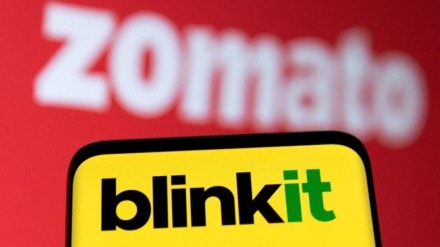The latest batch of dark stores or micro-fulfillment centres set up by Zomato’s quick commerce arm Blinkit are reaching contribution break-even in two months, on an average, compared to the nearly six months it took for the older stores, the company said in its shareholder letter on Thursday.
“The average time taken for newly launched stores to reach a volume of 1,000 orders per day (at which point stores typically start to achieve contribution break-even), has consistently reduced from an average of 5.8 months for our cohort of new stores added in Q4FY23 to about two months for our most recent cohort of stores opened in October 2023,” the company said.
A quicker ramp-up of newly-launched stores would mean quicker recovery of fixed costs related to the store and hence, lower investment for every new store Blinkit has opened. This will help it expand its network of dark stores further and faster without slowing down its profitability target. Zomato hopes to break-even on Blinkit at an adjusted Ebitda level by Q1 of FY25.
Expansion of its dark store network is essential for Blinkit to maintain and grow its market share in existing cities, and also to enter new cities, as it operates in a highly competitive market with players such as Zepto, BigBasket’s BBNow and Swiggy’s Instamart.
Besides the top eight cities, which contribute nearly 90% of Blinkit’s gross order value, the company is cautiously venturing into new cities such as Agra and Goa with only a couple of stores launches.
The platform is also seeing a big opportunity in ad monetisation, with its ad revenue growing more than three times over the last one year. Higher transaction frequency on the app, user friendly ad-biddig platform, and a high return on investment attracted more advertisers to Blinkit, the company said.
